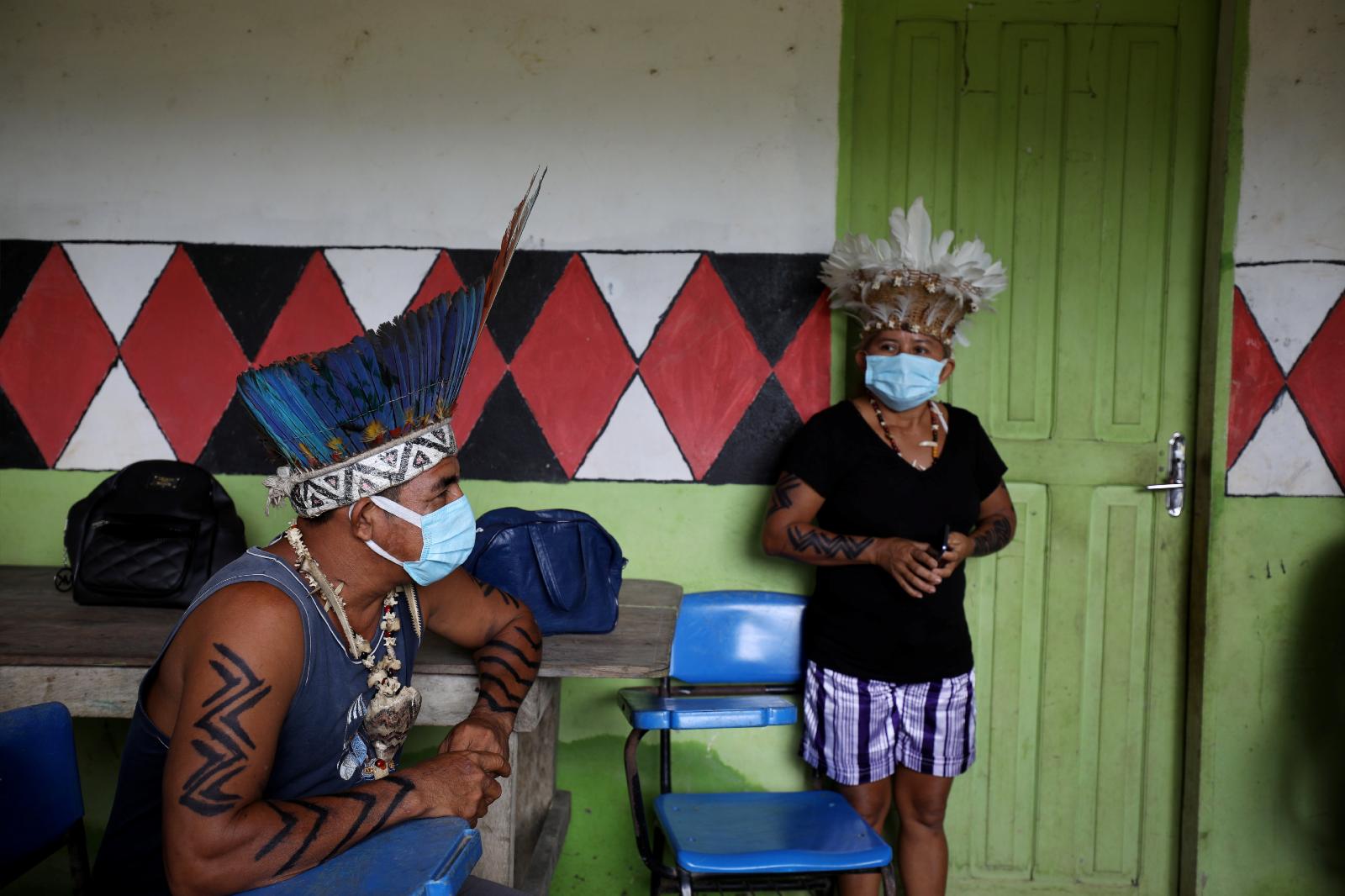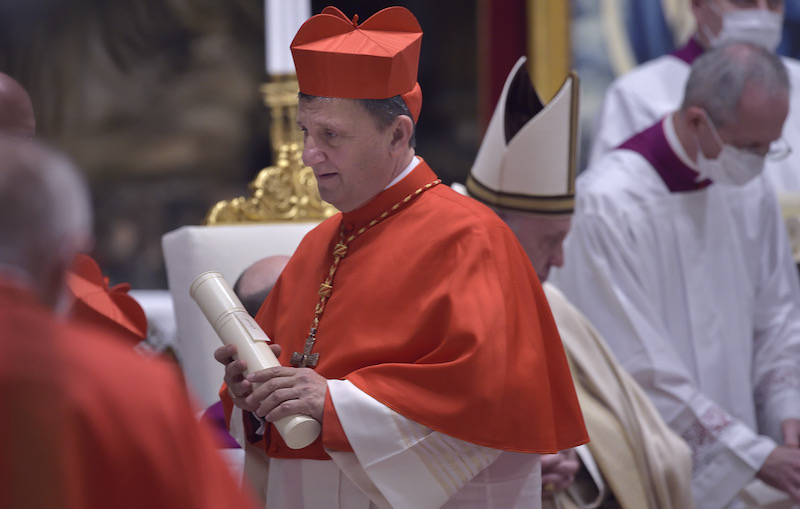The Irish Bishops’ Conference is planning a national synod for the Irish Church “in the near future”, The Tablet has learned.
The revelation was made by two members of the Irish hierarchy following an online address, The Synod on Synods, by Jesuit theologian, Fr Gerry O’Hanlon, hosted by the Association of Catholic Priests.
A subcommittee of six bishops within the conference is already working on the initiative and has met with and received advice from Cardinal Mario Grech, secretary general of the Synod of Bishops.
Speaking to more than 200 participants who listened to Fr O’Hanlon’s talk, Bishop Paul Dempsey of Achonry, who is part of the subcommittee, stressed that a synod will not be an end in itself but will set out “a way of being Church” in Ireland into the future.
“We just don't want it to end in a synod; it has to be something that continues in the life of the Irish Church. Please, God, we will walk together, and we will struggle maybe together to see where we might go as an Irish Church at this time.”
The Irish synod is expected to be announced by the bishops after their next meeting, according to Bishop Fintan Gavin of Cork and Ross. “Hopefully after the next bishops’ conference, we [will] begin that process of conversation, engagement and dialogue.” He appealed to people to respond to the bishops’ openness because he felt that a synod was “the way forward”.
He told the members of the ACP and other Catholic reform groups participating in Thursday’s webinar: “We're very conscious that we haven't really begun because we haven't really had the conversation with people like yourselves.”
In his address, Fr Gerry O’Hanlon spoke about the Synod of Bishops which Pope Francis has called for October 2022 in Rome with the theme, For a synodal Church: communion, participation, and mission.
Synodality, according to Fr O’Hanlon, is a key strategy of Pope Francis in making the Church ready to meet the challenges of contemporary times.
He acknowledged that there had been considerable resistance from people on the left of the Church to Francis’ approach, as it was felt to be too slow, and from people on the right, who see it as a ‘Trojan horse’. “It is going to bring change inevitably, and they're afraid of that or they don't like that.”
Bishop Gavin highlighted that a “big challenge” to any synod in Ireland will be the fact that, “most of the young people would not be people who would be comfortable with our conversation tonight”.
He said referred to Youth2000 as “probably the strongest youth movement in the Church in Ireland” and stressed that synodality is about finding “some kind of a unity in walking together”.
Bishop Michael Router of Armagh commented, “As we set out on the journey of synodality we must, as Pope Francis says, avoid the ‘parliamentary model’ and walk together towards a common goal. This should be done in a spirit of respect for each other.”
He said he always found inspiration in the words of Vincent J. Donovan, “do not try to call them back to where they were, and do not try to call them to where you are, beautiful as that place may seem to you. You must have the courage to go with them to a place that neither you nor they have been before.”
Bishop Router also underlined that “a lot of work on synods [and] assemblies has been done in some Irish dioceses already.”
The most notable of these was the 2016 Synod in the Diocese of Limerick.
In his talk, Fr Gerry O’Hanlon said that thanks to Pope Francis people have begun to realise that synodality is more than just the calling of synods.
“It goes back to a Greek word meaning ‘along the road’ or ‘along the way’ and the image, if you like, is Jesus walking with his male and female disciples. For Francis, it’s an image of the people of God true to Vatican II. In Vatican II, the great issue around Church was how to balance out the primacy of the pope with the input of the bishops. So, the whole buzzword was collegiality or communio – communion.
“But synodality is more than that. It's actually saying that should extend to all the baptised. It’s all of the faithful, including, of course the laity, who are called to that kind of walking together. And for that to happen, we need a culture of open discussion and honest debate. We need that word that Francis uses: parrhesia.”
The Jesuit discussed what is taking place in the Australian Church and the German Church but drew attention to a development which he said was “very interesting” but hadn't been picked up on much, which is a Latin American ecclesial assembly which has been called for this autumn and its members are to include, laity, religious, deacons, seminarians, priests, bishops, cardinals, and “people of goodwill”.
“People of goodwill – that extends it even further than the baptised,” Dr O’Hanlon highlighted.
The theme of the assembly is “we are missionary disciples on the move”. The president of the Latin American bishops, Archbishop Miguel Cabrejos Vidarte of Peru has described it as “an ecclesiological novelty, permitted by the theology of synodality so dear to Pope Francis”.
Elsewhere in his discussion Fr O’Hanlon discussed three questions about synodality and synods which he said need deeper reflection: the question of governance; the question of whether synods can produce doctrinal teaching; and what is meant by discernment.



 Loading ...
Loading ...